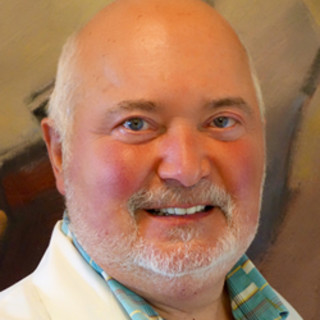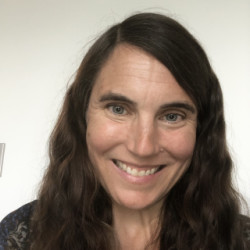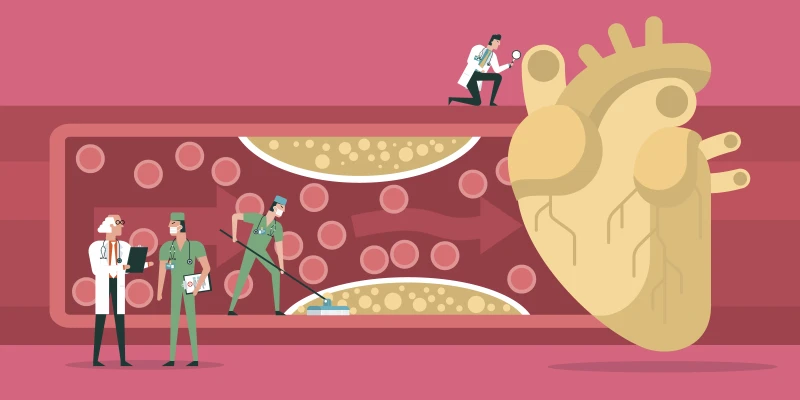
My wife recently had me throwing out books, papers, trophies, and almost anything that I have not used in the past five years. While doing so, I ran across some comments that I had jotted down that demonstrate the structure for a positive relationship for NPs and PAs.
Previous research has been done by both professions with an emphasis on the needs for healthcare in America. We have both made contributions and the NP universe has made definitive inroads into changing legislation that gives them the solid opportunity to be gatekeepers. I believe that PAs will do this in the future as we continue to embark on Optimal Team Practice.
We agree on the matter of advancing professional education: The PA world has seen the need of having a doctorate as an endpoint. This is a calculated move that has paid off as NPs seek their DNP and, with it, recognition of their achievement in the workplace. PAs have awakened to the fact that a doctorate is indeed worth pursuing and have started many doctoral programs to have both an equal status with their counterparts as well as to define areas of expertise.
I’m over 60 and will not move forward, but there are those in my ranks and in the NP ranks that are the same age yet are willing to pay the price to gain the prize. This decision will also affect the thinking of administrators.
Public education is a strong point and, in this dimension, the AANP and the NP profession as a whole have done a stupendous job in informing the public concerning their role in healthcare, thus winning a seat at the table. They are deserving of all that accompanies this seat.
Name-change has been a 20-year item for PAs and at the present, the AAPA BOD has an outside independent firm studying this issue and looking for the most appropriate name to define a PA.
Reimbursement—yes, this is something that the NPs have jumped upon as they feel and rightfully so—that each clinician that treats a disease should be reimbursed at the same rate. I love the logic of the NP world. The PA profession is on this issue and this would be part of the benefit of OTP.
Rx tracking needs to done for accuracy and for safety and will find its place in the column of things that need to be accomplished within two years.
Advocating for each other. This is an area where we can strengthen one another, support one another and ultimately win many of the future battles. We need to agree when we have mutual ideas and work together. When we disagree, we need to learn to be silent as each profession should be self-driven.
Managed care is an issue that the federal government is looking at and the answers are in a state of flux, but you can bet that what has been accepted in the past will not be status quo for the future.
Uninsured care is another issue that is worthy of any clinician, from physicians, NPs, PAs, as well as technologists, PTs, RTs, etc. There are a number of people in this country that need healthcare and this is what we are sworn to do as a profession. “Do no harm” also means not to tolerate uncontrolled disease and sickness because of an insurance problem. The question relates to how many of us have a “missionary spirit,” or if this should be the testing ground for well-supervised residencies. Under-insured care has my same sentiments.
State legislation is where the NP world has proven that they can be adept at since they have successfully encountered outdated legislation that should have been sunsetted and have worked together to change the state laws. I applaud the groups that have taken this seriously and have committed themselves to the teamwork involved in this process.
Advocating for patients has always been the hallmark of nursing and always will. Whether one is an NP or an RN, the concept of advocating for a patient has been infused early in their careers. As a former Army medic, this was drummed into me by my nursing instructors and this is why I have maintained the reputation of being a patient-centered PA. This is part of the framework of the PA profession.
Mentorship is the only template that will ever really work as we educate our peers and our student clinicians to emulate our care and treatment. The one problem is that we have different educational experiences, some which were initially taught poorly and they need to be changed. I believe that our workshops are doing this as we focus on the hands-on aspect of many procedures and examinations as well as skills.
The last issue on our list is ignorance. We have been ignorant of our collective contributions to healthcare. We have been short-sighted in acknowledging that there are areas that some clinicians have more education in and therefore they function at a higher level. The secret of dispelling ignorance is to teach with the goal of providing excellence in patient care. I speak at both NP and PA meetings, conferences, and workshops and am always welcomed by both groups. When I am attending NP meetings and conferences, I see many of my PA colleagues. At meetings of PA groups, I see an abundance of NPs both as participants as well as speakers.
We share the desire to learn from each other. We are learning to accept each other for what we all contribute and this dispels the ignorance. Years ago, we built walls to separate us and today we are knocking down those walls as if they were the Berlin Wall. We are building bridges. We have much more in common than we initially considered. My dream is to see us working together in a united fashion for the sole purpose of the delivery of excellence in healthcare in America.
Robert M. Blumm, MA, PA, PA-C is an author, national conference speaker, and suture workshop director. He is the former liaison for the American Association of Physician Assistants and the American College of Surgeons, as well as the past president for the Association of Plastic Surgery Physician Assistants. He is on the editorial board at Clinician1 and Advance for NPs and PAs.





